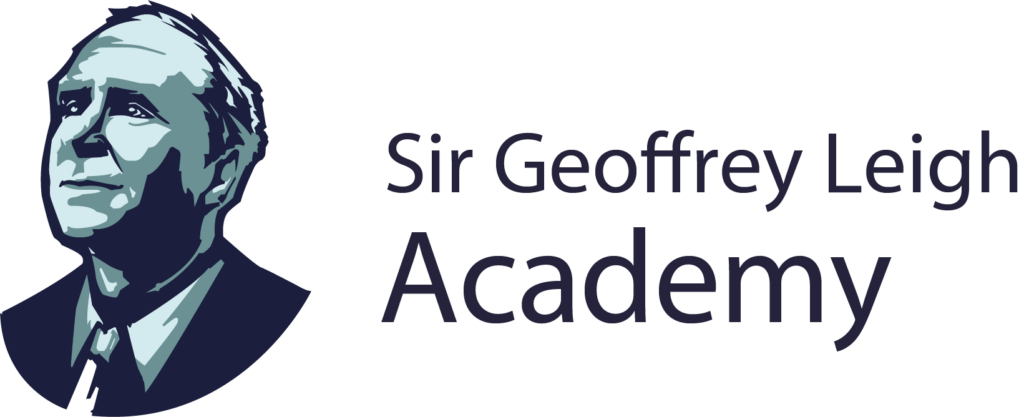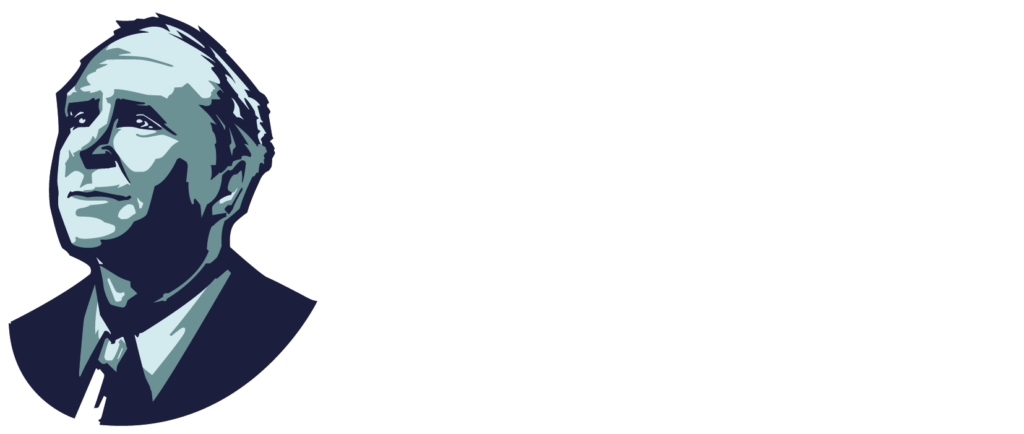The IBCP is one of four integrated programmes offered by the International Baccalaureate Organisation, delivered by over 4,500 schools worldwide. The IBCP is a flexible Post 16 programme which recognises the need to combine academic, vocational and practical learning skills. This programme is a full programme of study and students will be required to attend sessions on a Wednesday.
As part of the IBCP students must follow a career related course (BTEC or Vocational Programme), 2 IB Diploma Courses and the Core Programme.
The Core Programme is fundamental to the development of students academically, personally and socially enhancing the skills they will need in the future and comprises of the following components:
- Reflective Project – this focuses on an ethical issue linked to the careers-related element of the programme. This is the only element of the core programme that is assessed.
- Personal and Professional Skills Development – for example, conducting research, referencing, presentation skills
- Service Learning – a community based project
- Language development involving the acquisition of language and cultural awareness.
Fundamental to the IBCP is the IB Learner Profile which represents 10 skills, qualities and attributes that can help individuals become responsible members of their local, national and global community.
Learner Profile
Details
Inquirers
They develop their natural curiosity. They acquire the skills necessary to conduct inquiry and research and show independence in learning. They actively enjoy learning and this love of learning will be sustained throughout their lives.
Knowledgeable
They explore concepts, ideas and issues that have local and global significance. In so doing, they acquire in-depth knowledge and develop understanding across a broad and balanced range of disciplines.
Thinkers
They exercise initiative in applying thinking skills critically and creatively to recognize and approach complex problems, and make reasoned, ethical decisions.
Communicators
They understand and express ideas and information confidently and creatively in more than one language and in a variety of modes of communication. They work effectively and willingly in collaboration with others.
Principled
They act with integrity and honesty, with a strong sense of fairness, justice and respect for the dignity of the individual, groups and communities. They take responsibility for their own actions and the consequences that accompany them.
Open-minded
They understand and appreciate their own cultures and personal histories, and are open to the perspectives, values and traditions of other individuals and communities. They are accustomed to seeking and evaluating a range of points of view, and are willing to grow from the experience.
Caring
They show empathy, compassion and respect towards the needs and feelings of others. They have a personal commitment to service and act to make a positive difference to the lives of others and to the environment.
Risk-takers
They approach unfamiliar situations and uncertainty with courage and forethought, and have the independence of spirit to explore new roles, ideas and strategies. They are brave and articulate in defending their beliefs.
Balanced
They understand the importance of intellectual, physical and emotional balance to achieve personal well-being for themselves and others.
Reflective
They give thoughtful consideration to their own learning experience. They are able to assess and understand their strengths and limitations in order to support their learning and personal development.



